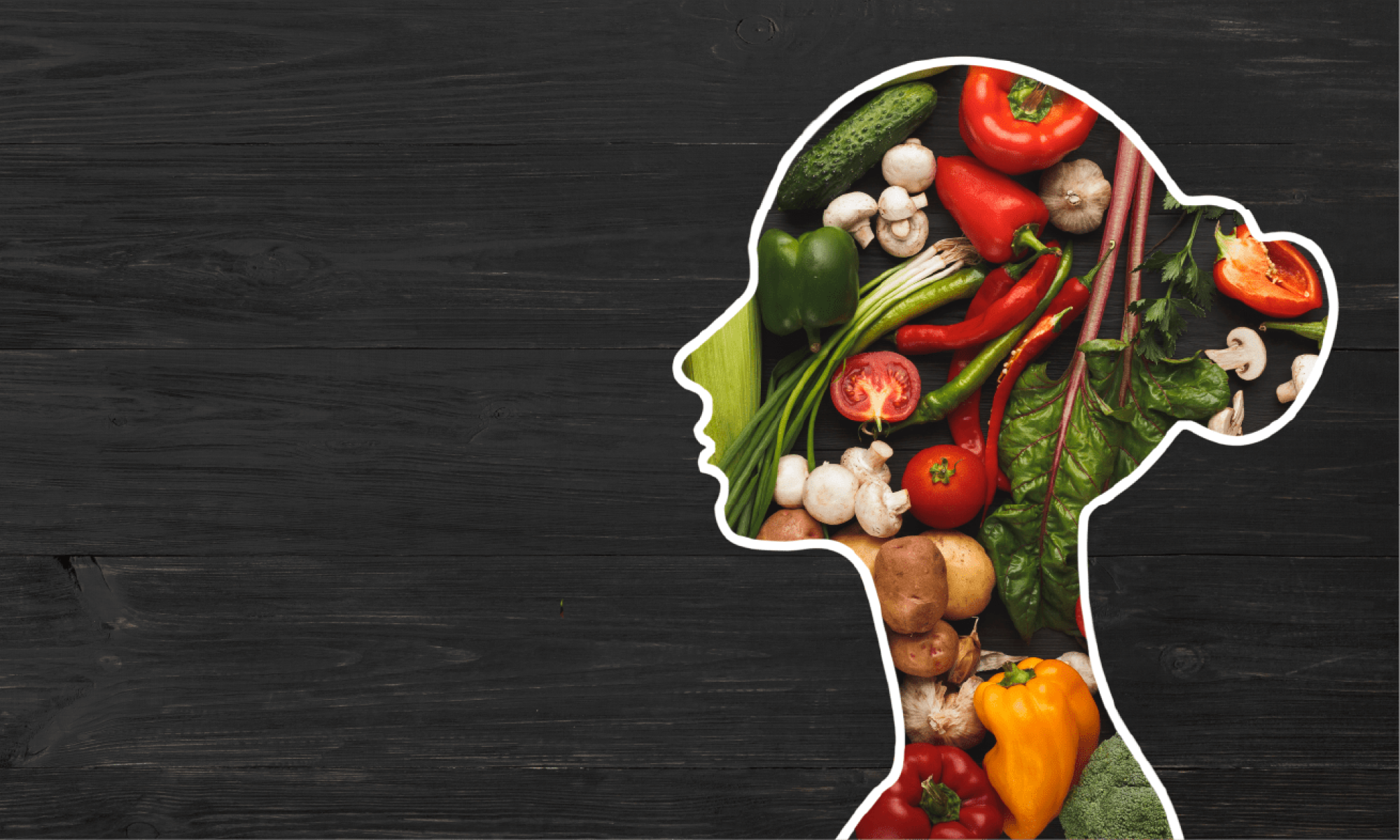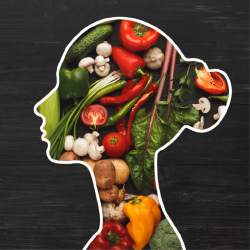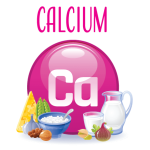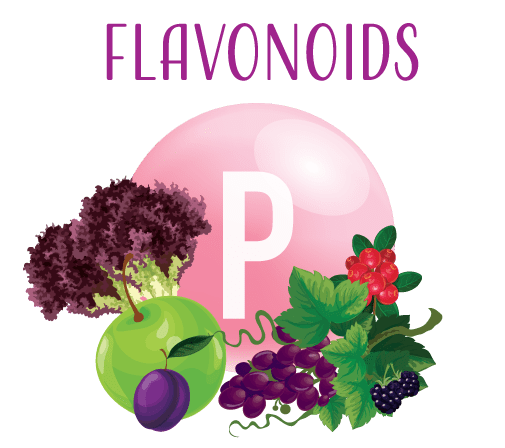
Bioflavonoids: Your Health's Heroes
A bioflavonoid, also known as flavonoid, is a type of plant-derived compound that is commonly found in fruits and vegetables. These compounds are known for their antioxidant and anti-inflammatory properties, which provide a range of health benefits. Bioflavonoids are often found in close association with vitamin C in nature, and they play an important role in optimizing the absorption and utilization of this vitamin in the body. Bioflavonoids are also believed to help strengthen the walls of blood vessels, reduce inflammation and swelling, and improve circulation. There are many different types of bioflavonoids, each with unique health benefits.
Other types of flavonoids, such as catechins and epicatechins, are found in tea and cocoa. There is evidence to suggest that including these foods in your diet can help reduce the risk of chronic diseases like heart disease, cancer, and diabetes, as well as improve cognitive function and protect against age-related cognitive decline.
Why is Flavonoids is essential for our body?
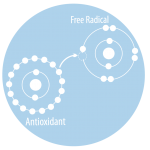
Anti oxidant

Heart Health
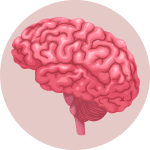
Brain Health
Scientists have found that certain bioflavonoids can prevent the clumping of beta-amyloid proteins, which can form sticky plaques that interfere with brain function. Additionally, bioflavonoids can help improve blood flow to the brain, which can support cognitive health and function.
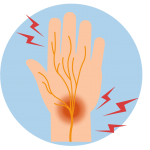
Inflammation
Bioflavonoids are known for their antioxidant and anti-inflammatory properties, which can help protect the body against oxidative stress and reduce inflammation.

DNA
DNA damage is often caused by environmental factors such as UV radiation, smoking, and pollution. Bioflavonoids help prevent this damage from occurring and can also repair any existing damage. In addition, they stimulate enzymes that contribute to maintaining cell health and strengthening the immune system.

Treat athletic Injuries
Bioflavonoids are considered one of the most effective treatments for sports injuries. These plant-based nutrients can help reduce inflammation, increase blood flow, and promote healing.

Lowered Immunity
Frequent colds or Infections, reflective of generally weakened immune function, can be a symptom of flavonoid deficiency.

Chronic Illness
Bioflavonoid deficiency has also been linked to an increased risk of chronic diseases, such as cancer, Alzheimer’s disease, and diabetes.

Bruising and bleeding
Conditions that reflect increased capillary permeability such as excessive bruising, swelling after injury, nose bleeds and hemorrhoids can also be a sign of inadequate dietary intake of flavonoids.

Inflammation
Flavonoid deficiency has been linked to increased inflammation in the body, which can contribute to a host of health problems.

Heart Health
Symptoms of flavonoid deficiency are not well-defined, but research suggests that it may increase the risk of chronic diseases such as cardiovascular disease, cancer, and neurodegenerative disorders.

Diarrhea
Extremely high levels of bioflavonoids can cause diarrhea.
